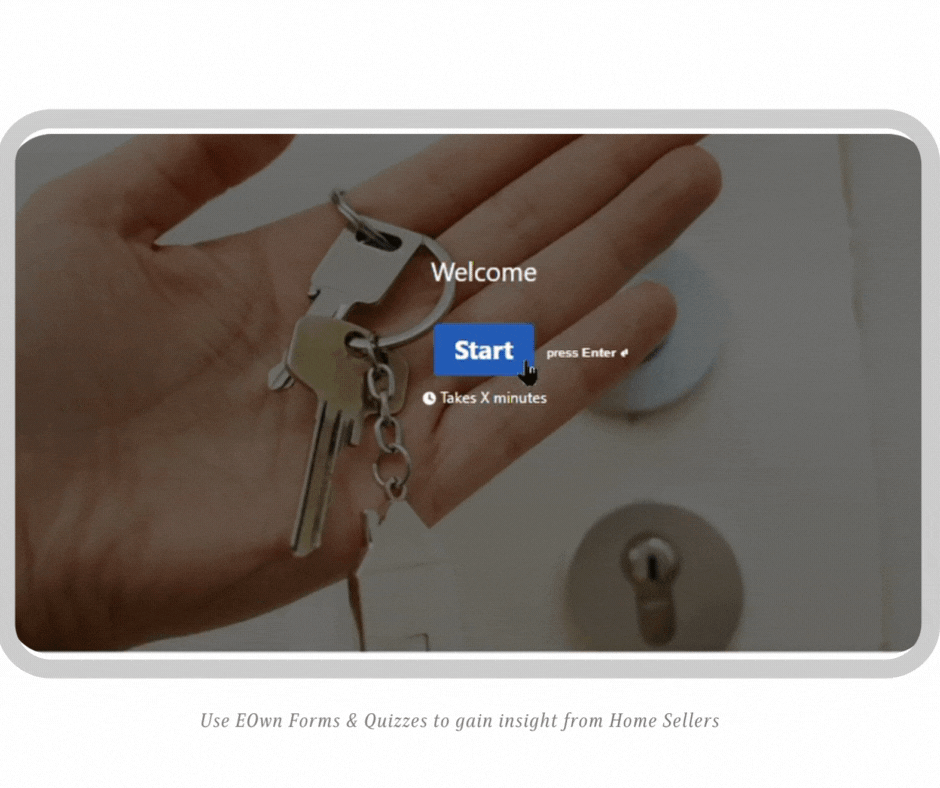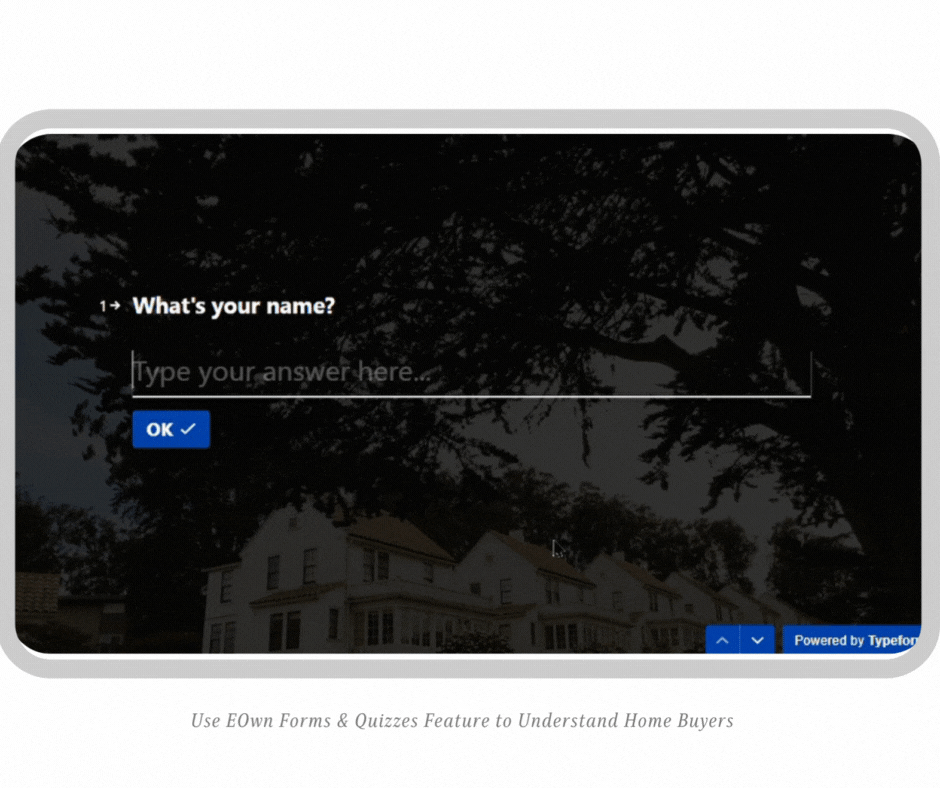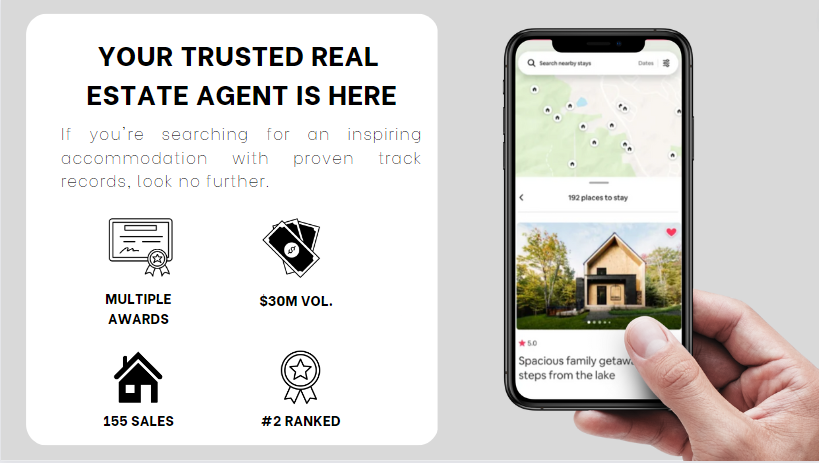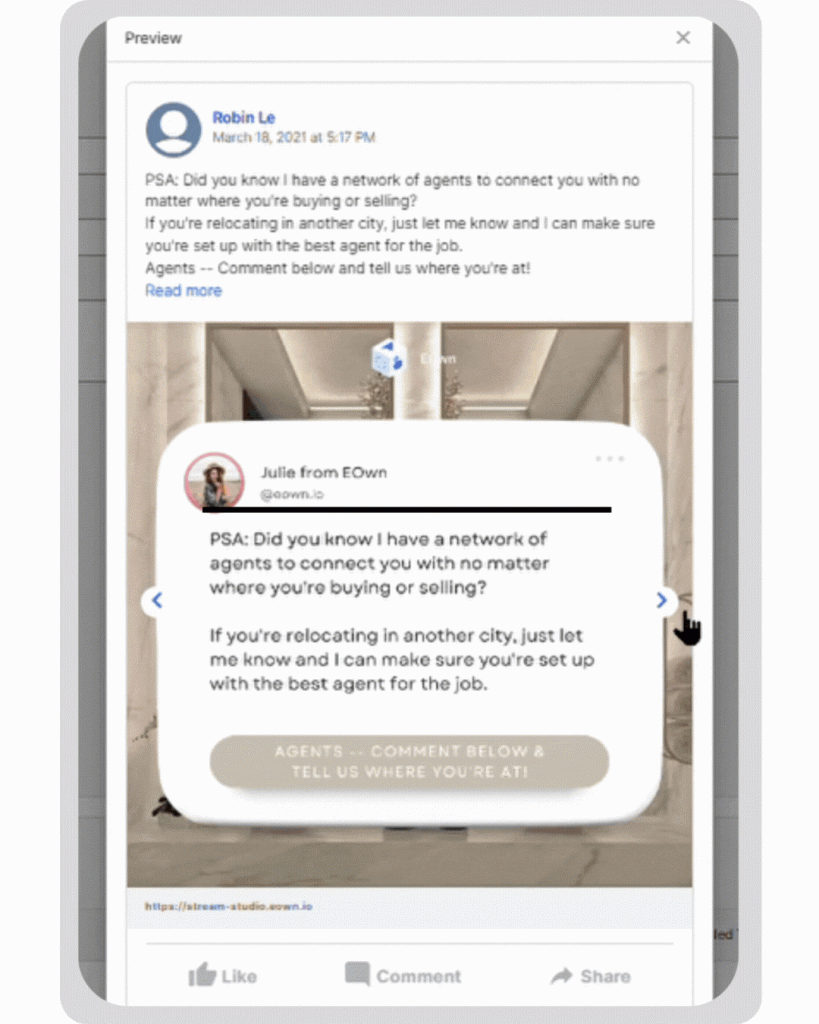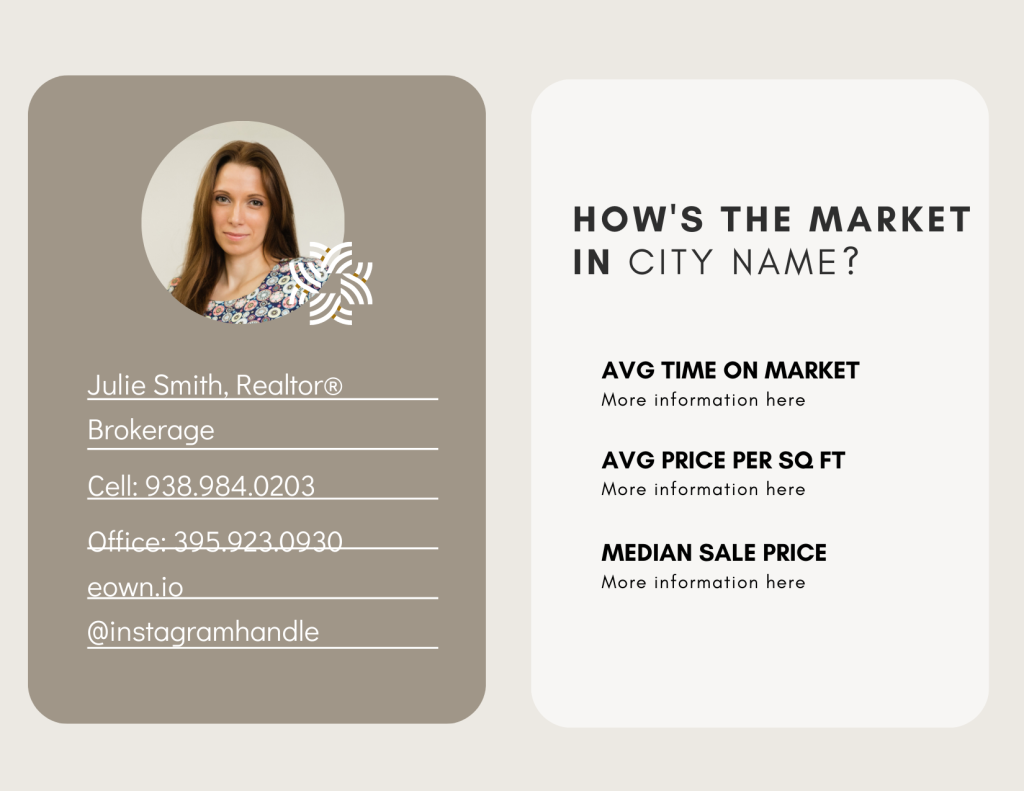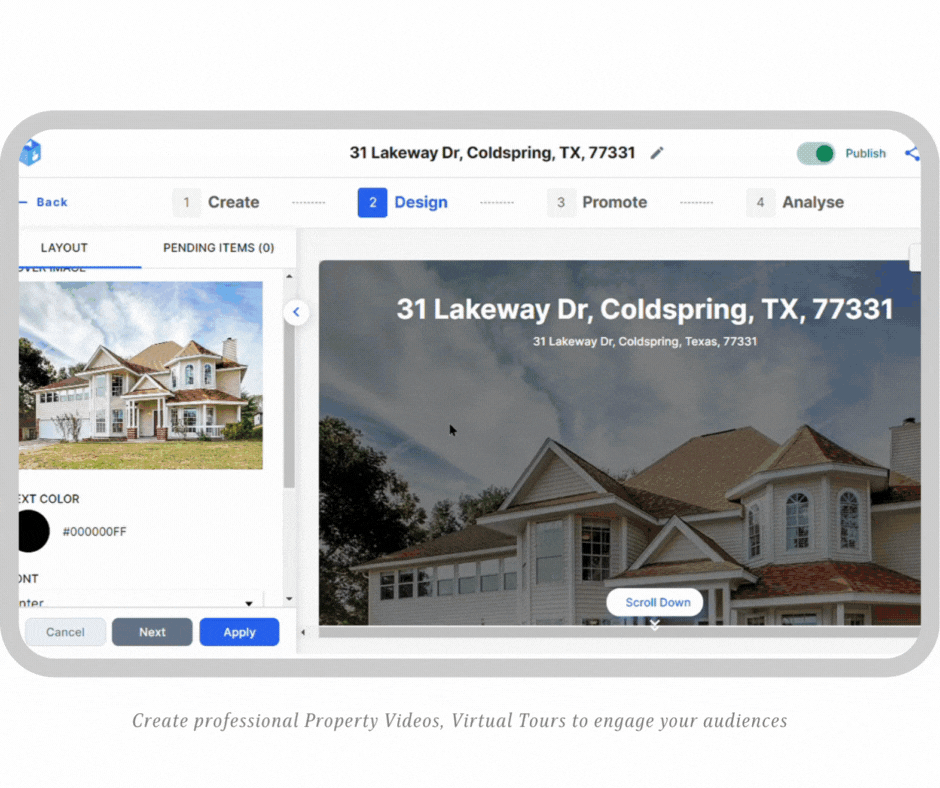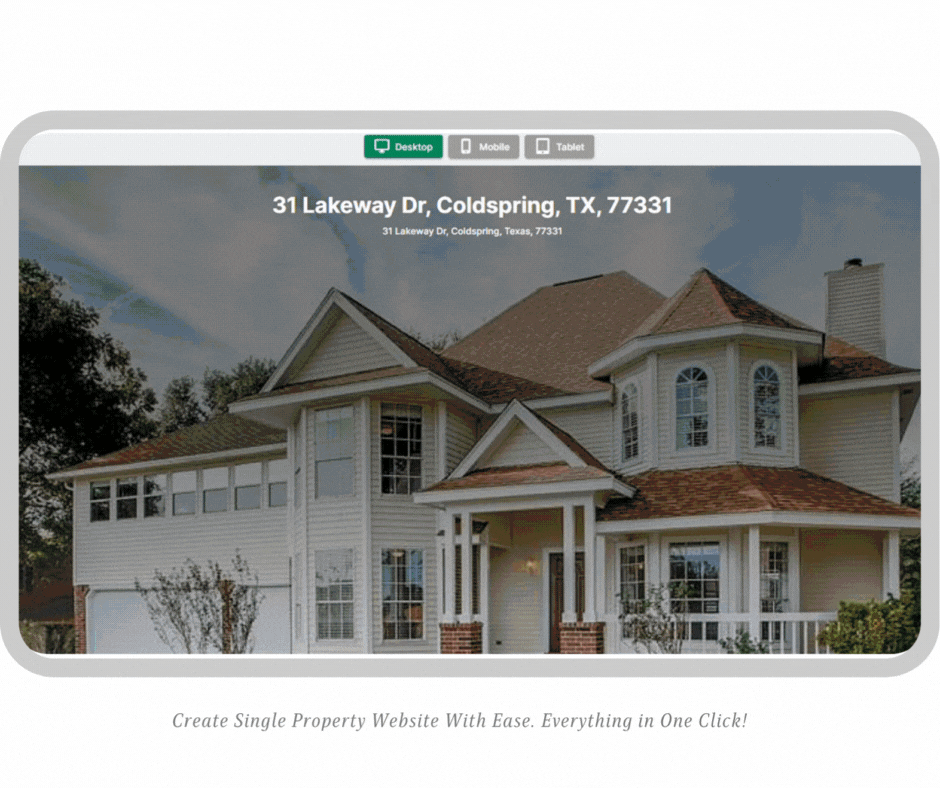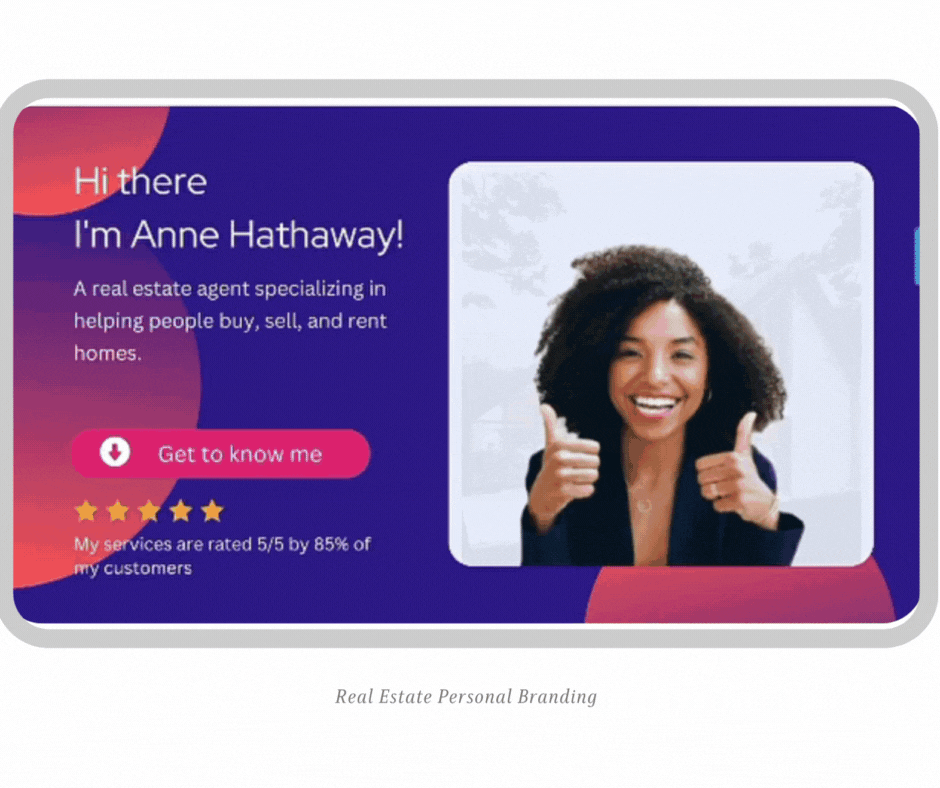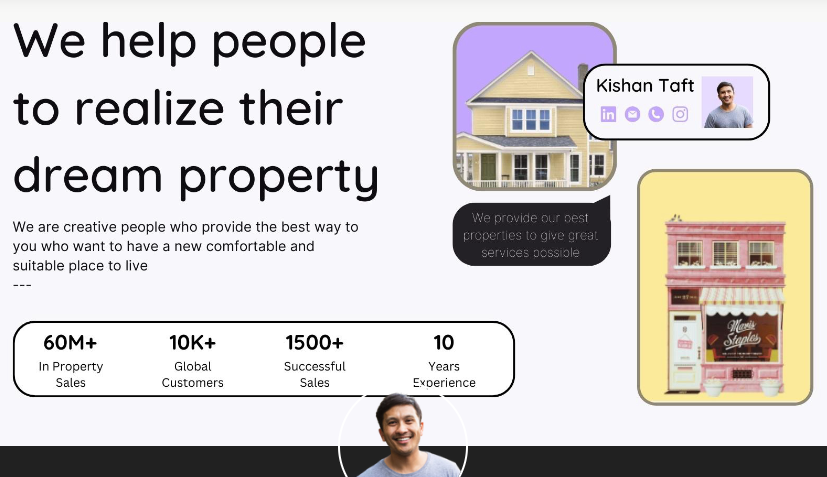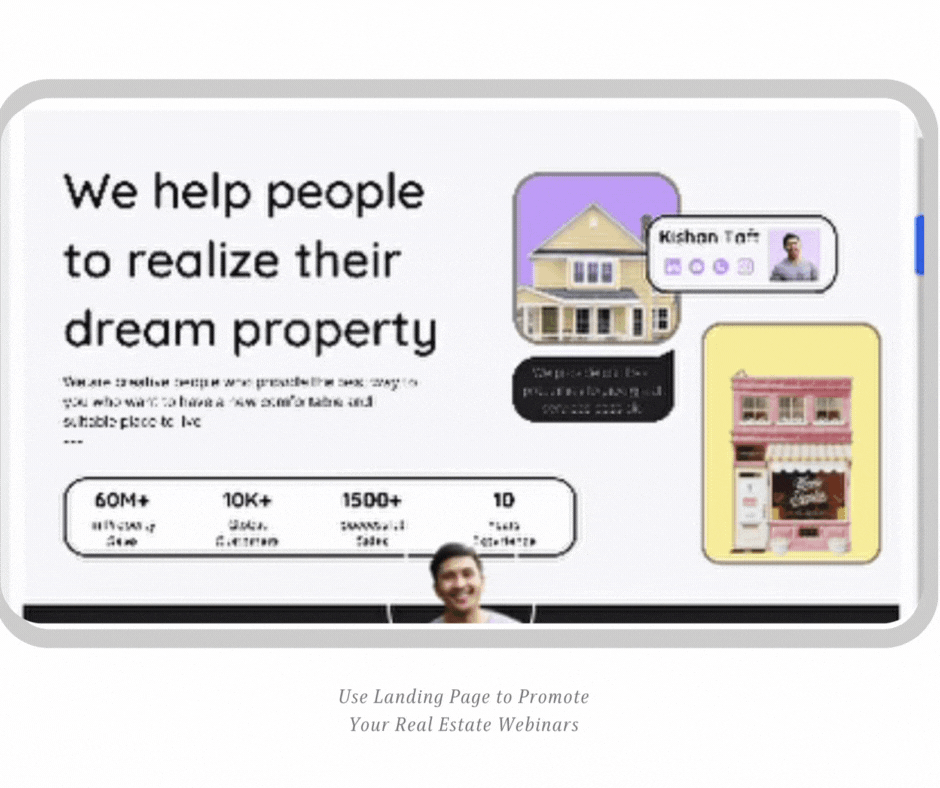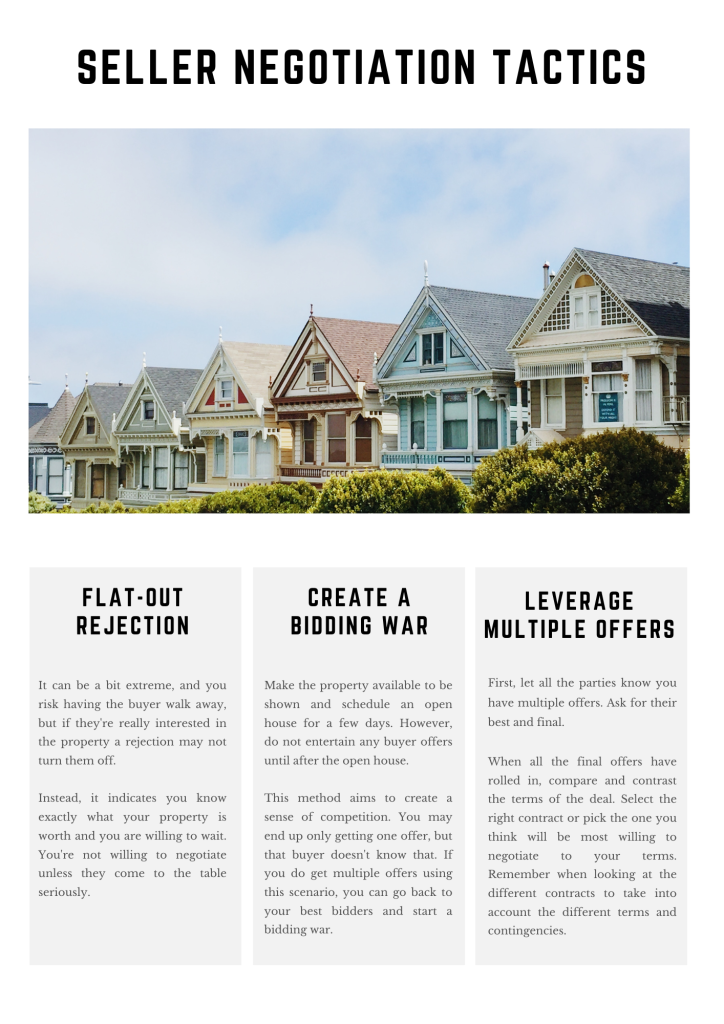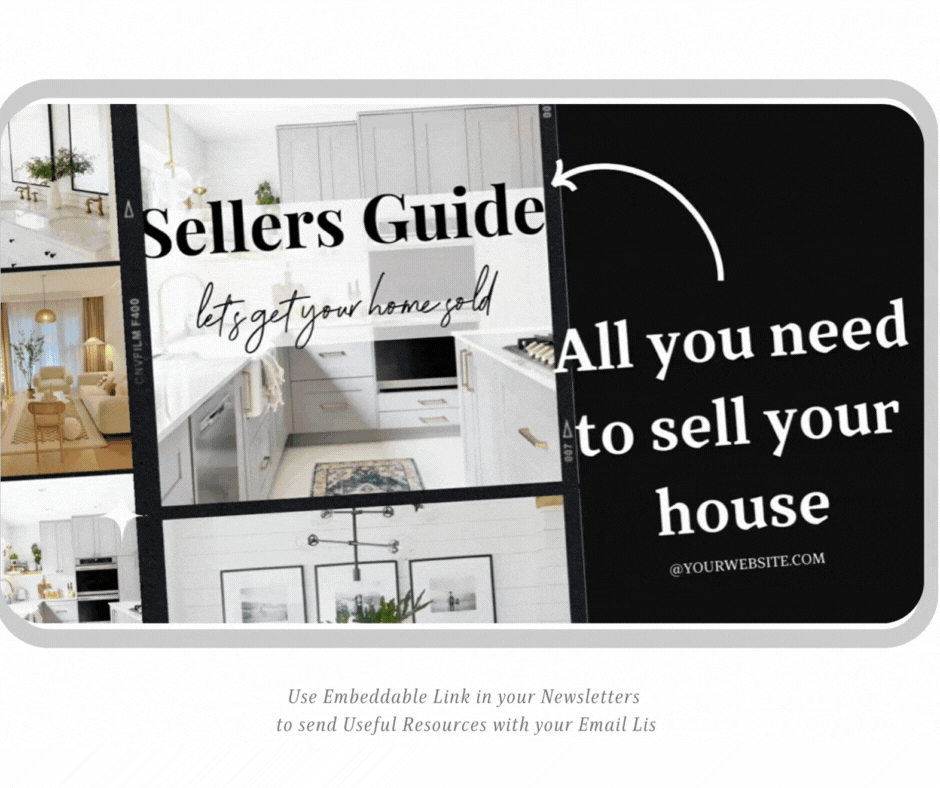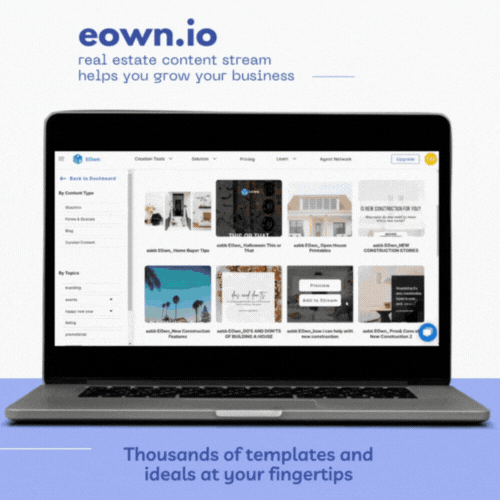As we step into new digital age, it’s crucial for real estate pros to leverage effective branding strategies to solidify their presence in the market. By creating a compelling brand, you establish an emotional connection with your target audience, differentiate yourself from competitors, build trust and credibility.
This comprehensive guide presents 15 proven techniques that will empower you to build a successful real estate branding that captivates your target audience.
Table of Contents
What is Real Estate Branding?
Your brand identity is the foundation of your real estate business. Start by defining your unique selling proposition (USP) and core values. Develop a compelling brand story that resonates with your target audience. Showcase your expertise and passion for real estate in a way that sets you apart from competitors.
In short, Real Estate Branding is the first feelings when your target audiences think about you.
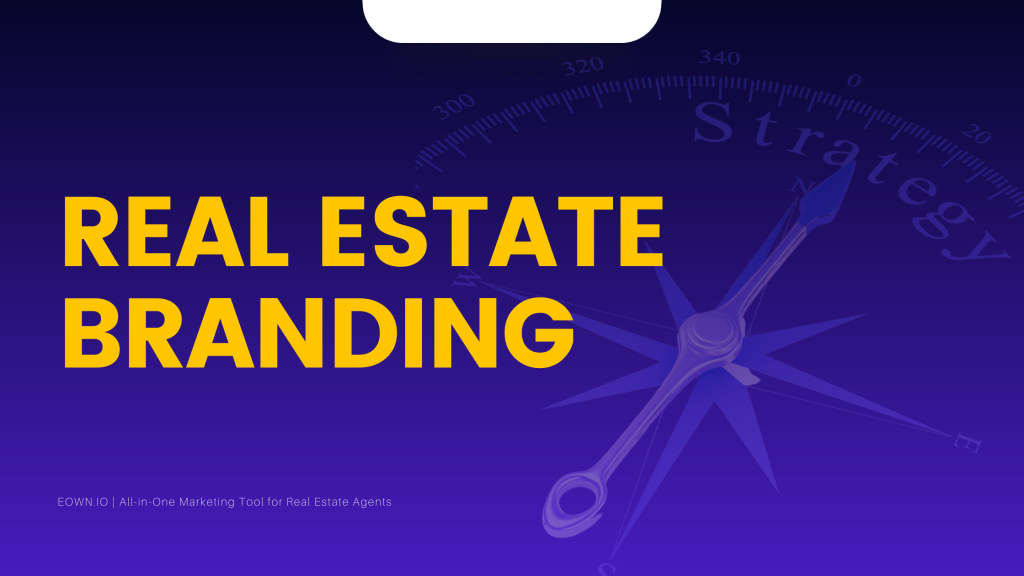
Why is Real Estate Branding Important?
With every property, every deal, and every client interaction, real estate professionals have the chance to shape their identity, carve their niche, and leave a lasting impression. But why is real estate branding important?
It’s the magnetic force that attracts prospective buyers, sellers, and investors, distinguishing a real estate agent or company from the sea of competitors. It’s the powerful emblem that builds trust, credibility, and recognition, creating a strong foundation for long-term growth and prosperity. In an industry defined by relationships and trust, real estate branding serves as the compass that guides professionals towards prominence and sets them apart as the go-to experts in their field.
15 Proven Real Estate Branding Strategies to Help You Succeed
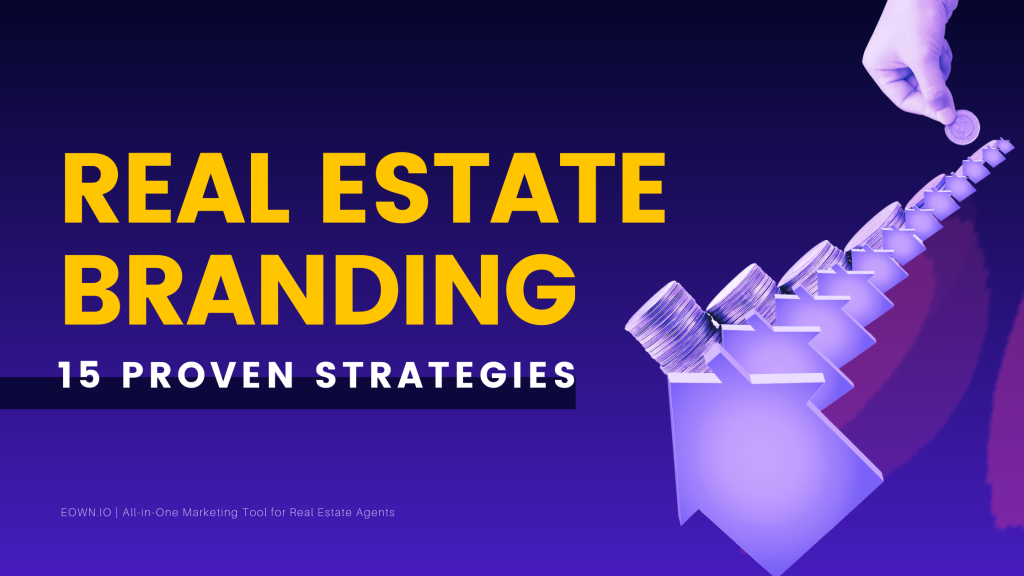
1. Understanding Your Target Audience:
To effectively brand your real estate business, it’s essential to to clearly define and understand your target audience. Conduct thorough market research to gain insights into their demographics, preferences, and pain points. This knowledge will enable you to tailor your branding efforts to their specific needs and create meaningful connections.
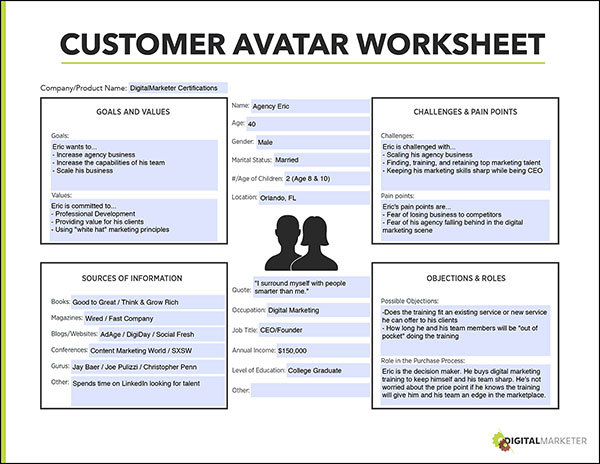

Understanding Your Target Audience is the first step to find out your potential niche in real estate pool, where such a challenging game with tagged folks as the grass is always greener on the other side of the fence.
2. Designing a Memorable Brand Identity
A well-designed branding elements play a vital role of your brand.
Design a distinctive logo that encapsulates the essence of your brand, that reflects your brand personality and communicates professionalism, trustworthiness, and credibility. It should be simple, versatile, and easily recognizable across various marketing channels.
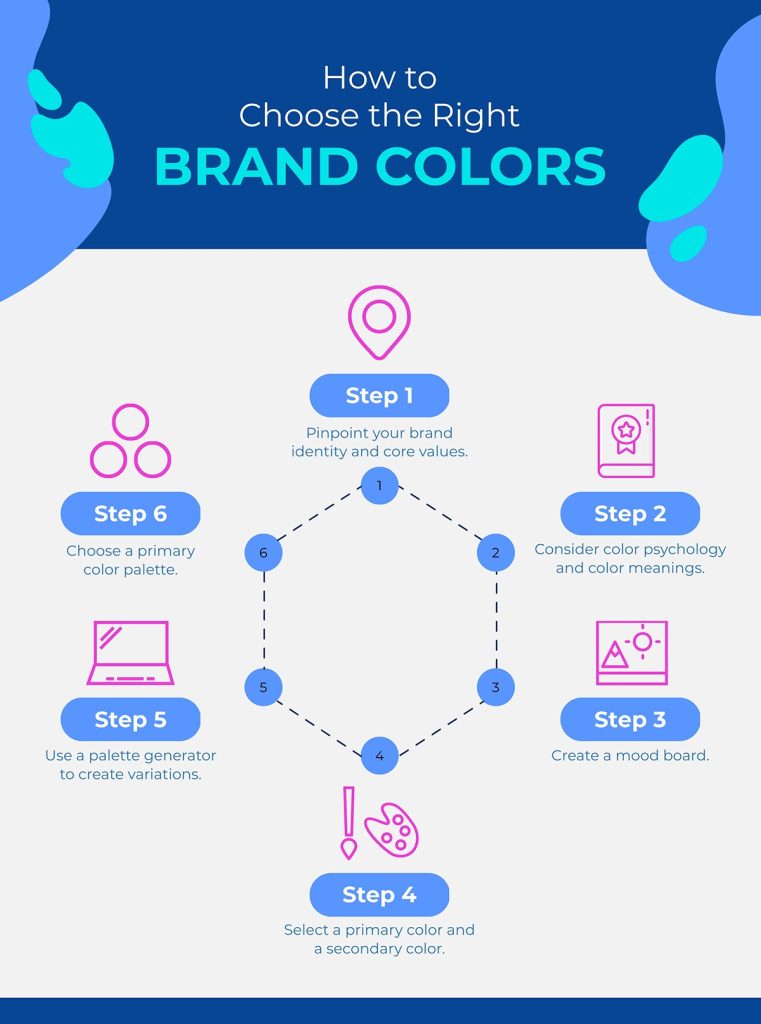
Create your own infographic in minutes!
Select a color palette that aligns with your brand’s personality and resonates with your audience. Consistency in typography, imagery, and visual style across all platforms helps establish a strong and recognizable brand identity.
3. Building a Responsive Website:
In the digital age, a website is a crucial element of your real estate branding strategy. Ensure your website is visually appealing, user-friendly, and optimized for mobile devices. Implement search engine optimization (SEO) techniques to improve its visibility in search engine results pages (SERPs).
Read More: 7 Best Call-to-Action Examples for Realtors + Actionable Strategies and Insights
Last but not least, don’t look down on your website loading speed. As your website’s loading time increases, the impact on your business becomes increasingly significant.
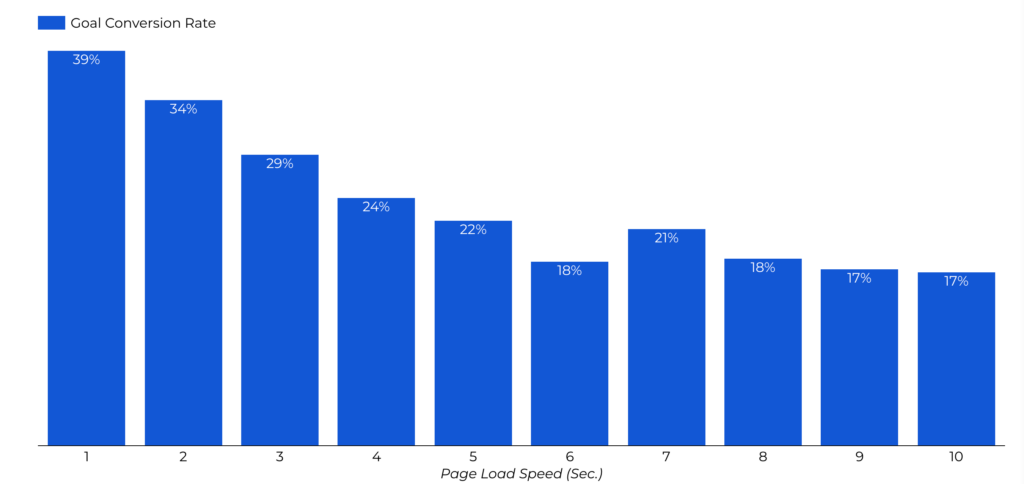
Research by Portent reveals that even a mere one-second delay can lead to a 40 percent drop in conversion rates. For each additional second of loading time, the conversion rate further declines. A two-second delay results in a 34 percent conversion rate, while a three-second delay brings it down to 29 percent, with the trend continuing as load times increase.
4. Optimizing for Local SEO:
Conduct thorough keyword research to identify high-volume, location-specific keywords that resonate with your target audience. Optimize your website’s meta tags, headers, and content with these keywords to improve visibility in local search results. Claim and optimize your Google My Business listing for better local search visibility.
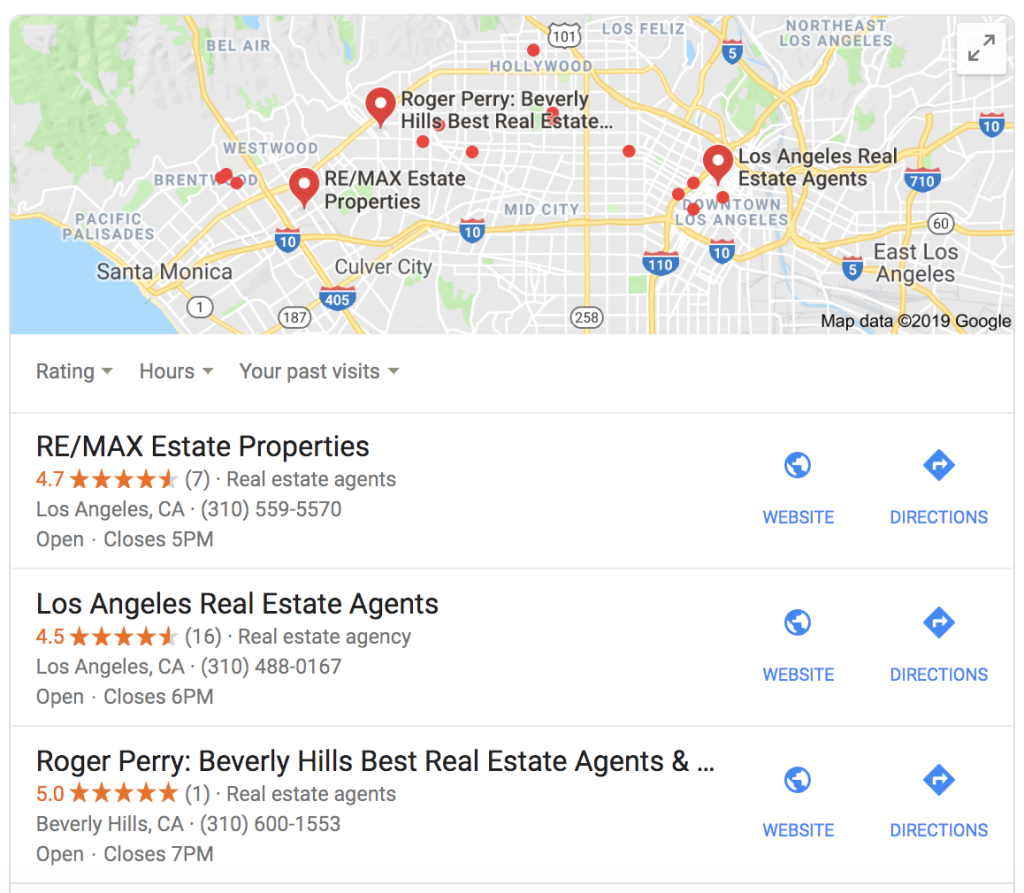
Filling out your NAP (name, address and phone number) profile completely in Google My Business help your brand real estate listed in top 3 listing area. “The early bird gets the worm”. It improves your opportunities to attract quality local leads.
Conduct keyword research
There are 3 basic types of real estate keywords to research and use:
- Primary (ex, beach homes)
- Secondary (ex, Urban Beach House in Chicago)
- Long-tail (ex, Beach House Chicago With Terrace Backing)
These areas are further segmented in terms of:
- buyer intent (REALTORS® near me, Seattle houses for sale, etc)
- type of sale (buying new construction vs existing home, luxury vs foreclosure)
- property type (house vs condo)
- location (oceanfront home vs lake home)
- Information gathering stage (Which US city has the best quality of life, house buying tips, etc)”

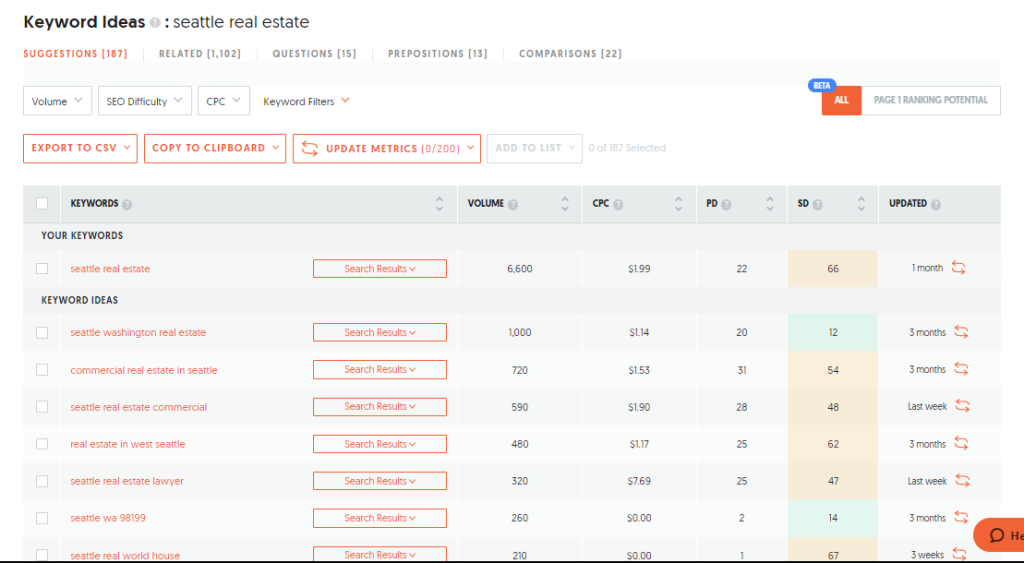
5. Producing Engaging Content:
Create high-quality, informative content that positions you as an authority in the real estate industry.
Write blog posts, articles, and guides that address common questions and concerns of your target audience.
Or curate informative blog posts, articles, and guides that make sense from EOwn’ library or from yours
Optimize it with keyword-rich, informative, and engaging content to attract and retain visitors.
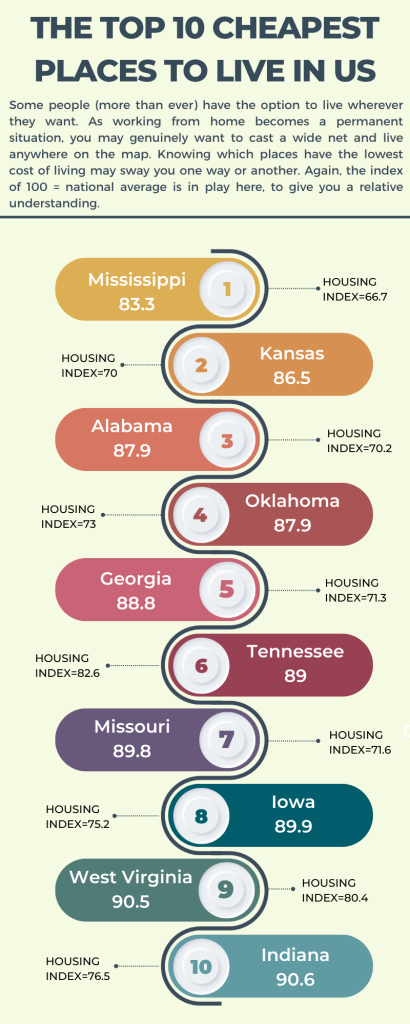
Provide valuable resources such as market insights, and neighborhood guides to position yourself as a trusted authority.
6. Leveraging Social Media:
Social media platforms offer an excellent opportunity to amplify your real estate brand’s reach. Identify the platforms where your target audience is most active and create compelling profiles. Develop a content strategy that aligns with your brand voice and incorporates high-quality visuals.
Regularly share engaging content, including property listings, market updates, and client success stories. Engage with your audience through comments, direct messages, and live video sessions to foster meaningful connections.
Read More: How to write Real Estate Listing with Chat GPT (+Free Prompt Templates)
Read more: How to utilize Expert Graphic Content in Real Estate
7. Utilize the Power of Video Marketing:
Video marketing has become increasingly popular in the real estate industry. Create professional property videos, virtual tours, client testimonials, and educational videos to engage your audience and establish credibility.
Optimize your videos for search engines by including keyword-rich titles, descriptions, and tags. Consider to use keywords like “real estate branding trends” and “property marketing videos” in your video descriptions and titles to optimize their visibility.
8. Embracing Innovative Technology
Incorporate cutting-edge technology into your real estate brand to stay ahead of the curve. Utilize virtual reality (VR) and augmented reality (AR) to enhance property tours and give clients immersive experiences. Leverage artificial intelligence (AI) tools for personalized recommendations and predictive analytics to identify emerging market trends.
Read more: Why Use Single Property Websites to Market a Listing In Hot?
9. Cultivating Positive Online Reviews:
Positive reviews and testimonials can significantly enhance your real estate brand’s credibility and reputation. Encourage satisfied clients to leave reviews on platforms like Google, Yelp, and social media. Respond promptly to both positive and negative reviews, showcasing your commitment to client satisfaction.
10. Collaborating with Influencers:
Partnering with influencers in your local area can expand your reach and help you gain credibility among your target audience. Identify influencers with a strong presence in the real estate or related industries. Collaborate on content creation, joint events, or co-branded campaigns to leverage their influence and enhance your brand’s visibility.
11. Hosting Events and Webinars:
Hosting events and webinars allows you to showcase your expertise while engaging with potential clients. Organize seminars on topics like home buying tips, investment strategies, or real estate market trends.
Promote your events using keyword-rich titles such as “real estate branding masterclass” and “real estate investment webinar.”
12. Networking with Industry Professionals:
Building relationships with other professionals in the real estate industry can help expand your brand’s reach and generate referrals. Attend local real estate conferences, join professional associations, and participate in networking events. Collaborate with mortgage brokers, home inspectors, and interior designers to provide a holistic service experience, share referrals, and create joint marketing campaigns to leverage each other’s networks.

Regularly join networking events to leverage Real Estate Networking
13. Sponsoring Local Community Initiatives:
Investing in your local community not only demonstrates your commitment but also strengthens your real estate brand’s visibility. Sponsor local charity events, sports teams, or educational programs. Use keywords like “real estate brand sponsor [your location]” to optimize your visibility in local searches.
14. Implementing Email Marketing:
Email marketing remains a highly effective strategy for nurturing leads and maintaining client relationships. Build an email list by offering valuable resources, such as e-books or market reports, in exchange for contact information. Send regular newsletters with updates, property listings, and personalized content to stay top-of-mind with your audience.
Segment your email list for personalized communication and monitor performance metrics to refine your strategies.
Use Embeddable Link in Newsletters
to send Valuable Resources with your Email List
15. Analyzing and Refining Your Branding Strategy:
Continuously monitor and analyze the effectiveness of your branding efforts.
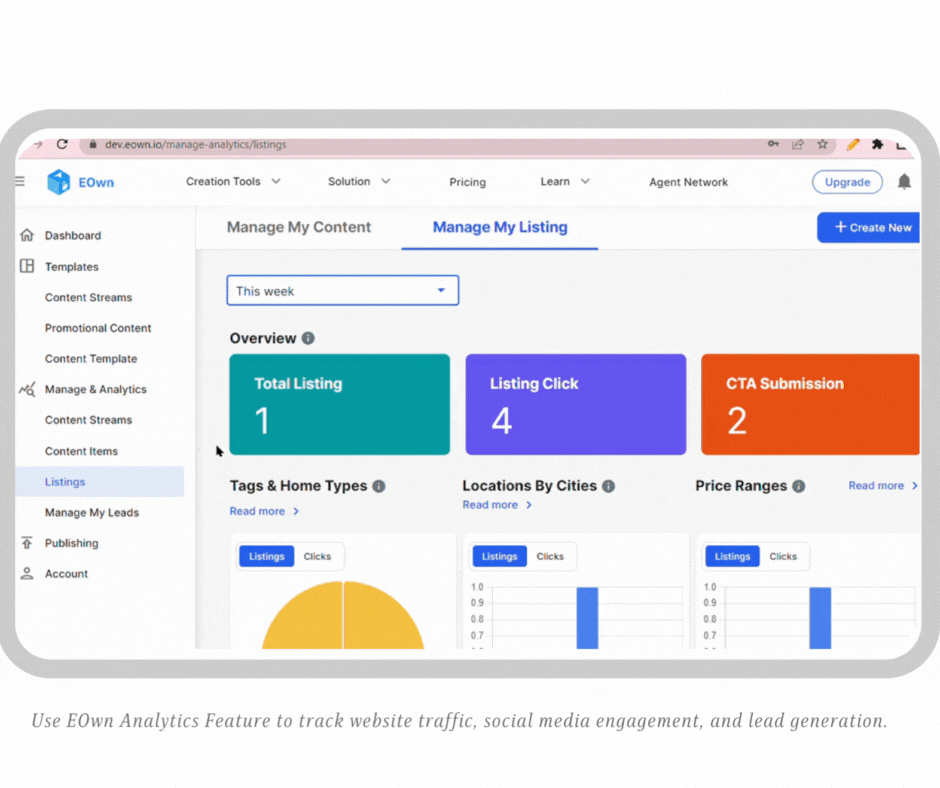
Identify areas for improvement and refine your strategy accordingly. Stay updated with the latest real estate branding trends and adjust your tactics to stay ahead of the competition.
- Utilize analytics tools to track website traffic, social media engagement, and lead generation.
- Then make data-driven decisions and adapt your brand strategy accordingly to stay ahead of the competition
CONCLUSION
Building a strong real estate brand requires a comprehensive and strategic approach. By implementing the 15 tips outlined in this guide, you can establish a compelling brand identity, differentiate yourself from competitors, and establishes you as a trusted authority in the market. Embrace the power of branding, adapt to changing trends, and position yourself for long-term success with opportunities in this year and beyond.

